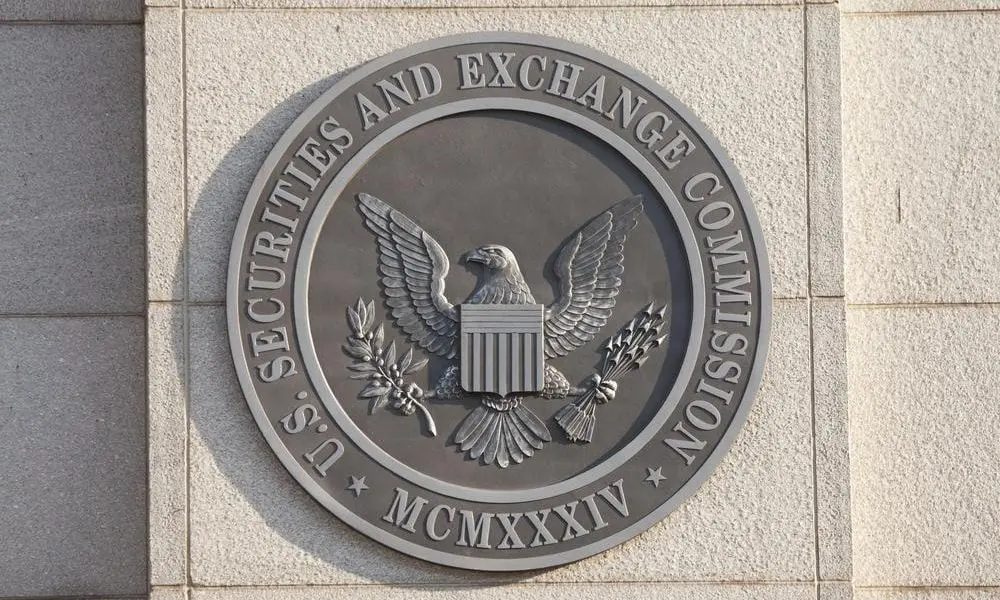- SEC chair crypto targeting shows his intent to expand the agency’s powers.
- Gensler seems more interested in enforcing crypto regulation than providing clarity about the regulation.
The SEC chair, Gary Gensler, remains undiscouraged in his quest to expand the agency’s power beyond current constitutional boundaries. An unconvincing proof is Gensler’s all-out assault against the digital asset market. Currently, the regulation of cryptocurrencies falls under the purview of the commodity futures trading commission (CFTC) and not the SEC.
The CFTC regulates any investment that isn’t considered traditional securities. The only way the SEC can regulate digital assets is through congressional action. For Gensler to successfully ensure that the SEC regulates cryptos, most US securities laws would need to be overturned.
Related: SEC and CFTC to work together in regulating cryptocurrencies, Gary Gensler reveals
Gensler seeks to overturn a 76-year-old supreme court judgement (the Howey test). This test is in four parts and determines what does not constitute an investment contract. Gensler promises to regulate virtual assets with more significant intrusion than his predecessor, Jay Clayton. The 4-part Howey test states that there is an investment contract when a person 1) invests money. 2) in a mutual company. 3) and the company makes profits. 4) primarily from promotions or third parties.
All the conditions in the four parts must be met. Congress hasn’t passed any legislation about crypto regulation since the Howey test. Thus, congress believes that the CFTC is crypto’s de facto regulator. So far, the CFTC has adopted a light approach to regulating crypto because it doesn’t want to stifle nascent technology (blockchain technology) and its virtual assets.
However, Gensler is attempting to enforce a regulation campaign without clarity regarding the crypto regulation he is trying to implement. Gensler sees crypto as an opportunity to regulate everything about it without minding the consequences.
Pending court cases
The SEC currently has two unresolved court battles. The first is the Ripple case with the SEC alleging that the blockchain firm was selling its XRP tokens as securities according to the Howey Test. The financial watchdog claims that Ripple used part of the proceeds from the XRP token sales to expand its business. The SEC added that the blockchain firm should reveal details about the tokens’ sales to investors like a publicly traded firm. While the case remains in a federal court, the judge has made several rulings in favour of Ripple.
Related: XRP investors on high alert as Ripple bags another win over SEC
The second case is the LBRY case. The SEC also accuses LBRY of a similar offence as Ripple – selling unregistered securities (the LBC tokens) in 2016 and using the proceeds ($6.2 million) to expand the company’s business operations. It is worth noting that the SEC’s accusations aren’t about when or how these two tokens were sold.
Instead, the SEC claims that the tokens are securities regardless of who is selling them or why they are selling these tokens. If the SEC is successful, it will have the power to regulate sales on the secondary market, including that from retail holders and exchanges, no matter the blockchain company involved. The latest LBRY hearing explains why Gensler’s theory looks absurd. If someone buys a token on the secondary market and uses it on the blockchain network without knowing that another firm can use it on the same network, then all the tokens are investment contracts.
Some industry analysts believe Gensler is more interested in grabbing more power for the SEC than overseeing a significant reduction of the bad stuff happening on the dark web. Others claim Gensler might be eyeing a more prominent position under the current government, possibly the treasury secretary. Regardless, Gensler’s assault against digital assets is his most dangerous attempt to overturn constitutional norms.


